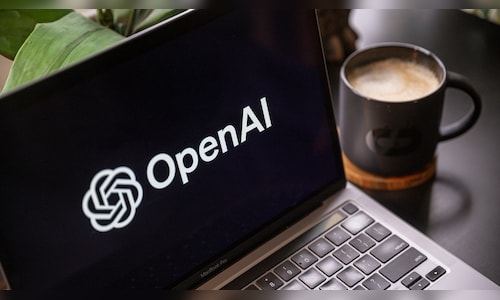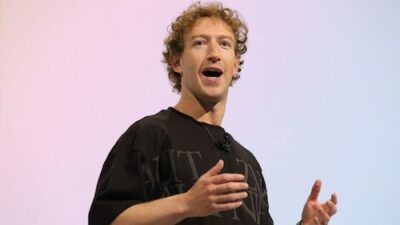After several months of discussions, the agreement was finalized in May, as one of the sources disclosed. This move highlights the immense computing requirements for training and deploying AI models, which are altering the competitive landscape in the AI sector. It signifies OpenAI’s continuing efforts to broaden its compute sources beyond Microsoft’s significant support, including its notable Stargate data center initiative.
This partnership is a boon for Google’s cloud division, which will provide extra computing resources to enhance OpenAI’s current infrastructure for training and operating its AI models, the sources, who requested anonymity, stated.
The collaboration also comes at a time when OpenAI’s ChatGPT threatens Google’s long-standing dominance in the search market, with Google executives recently suggesting that the AI competition may not follow a winner-takes-all narrative.
Neither OpenAI, Google, nor Microsoft have provided comments.
Since the debut of ChatGPT in late 2022, OpenAI has experienced a surge in demand for computing capacity—referred to as compute in the industry—for training extensive language models and executing inference, which involves processing data for user access to these models. On Monday, OpenAI announced that its annual revenue run rate has skyrocketed to $10 billion as of June, positioning the company to achieve its full-year objectives amid a significant uptick in AI adoption.
This year, OpenAI also partnered with SoftBank and Oracle for the $500 billion Stargate infrastructure program, alongside securing billion-dollar agreements with CoreWeave for additional compute capacity. The company is expected to finalize the design of its first in-house chip this year, which could lessen its reliance on external hardware providers, as reported by Reuters in February.
The collaboration with Google represents the latest in a series of strategic moves by OpenAI to diminish its reliance on Microsoft, whose Azure cloud service had been the sole provider of data center infrastructure for ChatGPT until January. OpenAI and Google had been in talks for months but faced delays in finalizing a deal due to OpenAI’s commitments to Microsoft, a source shared with Reuters. Additionally, Microsoft and OpenAI are currently renegotiating the terms of their multibillion-dollar investment, including the future equity stake Microsoft will retain in OpenAI.
For Google, this agreement coincides with the company’s expansion of its proprietary chip, the tensor processing unit (TPU), which had primarily been used for internal purposes. This strategy has attracted clients like tech giant Apple, as well as startups such as Anthropic and Safe Superintelligence, both of which were established by former leaders of OpenAI.
The inclusion of OpenAI in Google’s customer portfolio demonstrates how the tech giant has leveraged its in-house AI technology—from hardware to software—to accelerate the expansion of its cloud services.
Google Cloud, which generated $43 billion in sales representing 12% of Alphabet’s 2024 revenue, has positioned itself as an impartial provider of computing resources in a bid to outmaneuver Amazon and Microsoft as the preferred cloud service for a growing number of AI startups, whose heavy infrastructure requirements can lead to significant expenses.
Alphabet faces pressure to showcase financial returns on its AI-related capital expenditures, projected to reach $75 billion this year, while also maintaining profitability amid competitive AI alternatives and antitrust scrutiny.
Google’s DeepMind AI division competes directly with OpenAI and Anthropic in the race to create superior models and integrate these advancements into consumer applications.
By selling computing power, Google reduces its own chip inventory while supporting rivals facing capacity challenges. The OpenAI partnership will complicate capacity allocation decisions for Alphabet CEO Sundar Pichai, as he balances the competing needs of Google’s enterprise and consumer segments.
As of the last quarter, Google already struggled to meet its cloud customers’ demands, as Chief Financial Officer Anat Ashkenazi informed analysts in April.
While ChatGPT maintains a significant lead over Google’s competing chatbot in terms of monthly users, and analysts suggest it could diminish Google’s market share in search, Pichai has dismissed concerns about OpenAI potentially eclipsing Google’s business supremacy.



